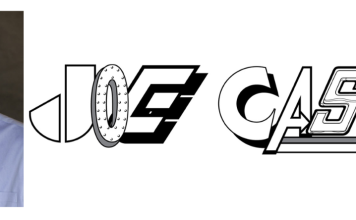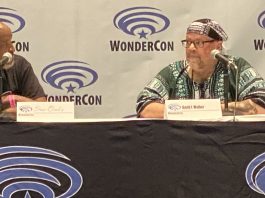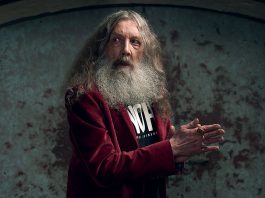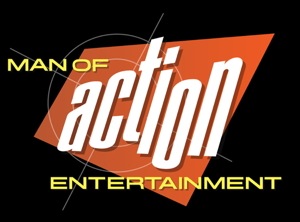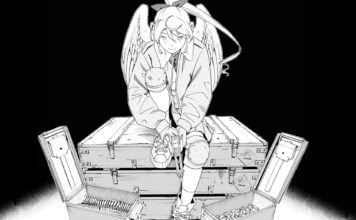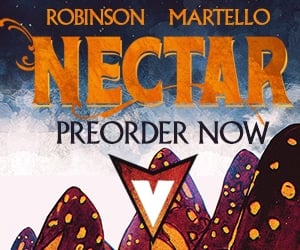Law and the Multiverse: an interview from the courthouse
Working for a living: Joe Casey
Happy birthday, Alan Moore!
When authors draw: Should Margaret Atwood have designed the new Wonder Woman costume?
When authors draw: Dave Eggers
Matt Fraction wins 2010 PEN Center literary award
Two from Warren Ellis
Pekar legacy under dispute
The Alcott Analysis: The Dark Knight
I’ve worked on a handful of these types of movies as a screenwriter, and let me tell you: they’re hard. They’re really hard. There are so many issues for the writer to address: the protagonist must be active, the villain’s plot must make sense, there must be a romantic interest, there must be due attention paid to the history of the character and the rules of the genre, they must be both fantastic and grounded at the same time. All these balls must be kept in the air and these concerns must mesh in a straightforward, compelling, swift, action-packed cinematic narrative, consistent in tone and true to its source material. I haven’t seen one — not one — that has managed to get everything in and do everything right. None of the Superman movies do it, none of the previous WB Batman movies do it, none of the Spider-Man movies do it, neither of the Fantastic Four movies do it, and, even after 22 tries, none of the Bond movies do it either. (The Iron Man movies come close — really close.) But The Dark Knight not only does a better job than any other movie based on its source material — and by that I mean "superhero comics" — it does it with a radically ambitious screenplay that challenges any number of conventions and brings a new, added weight to its subject.


